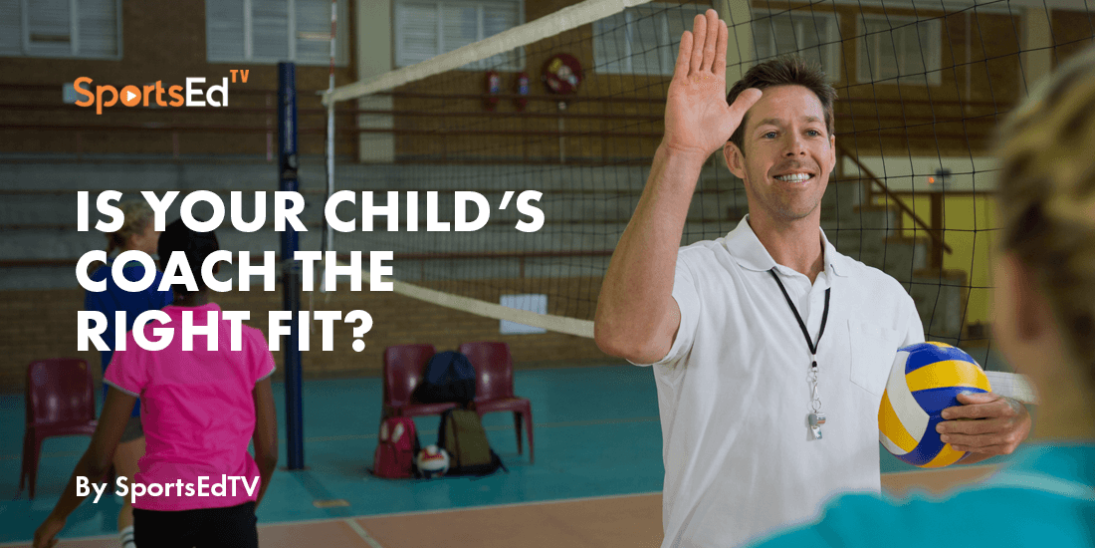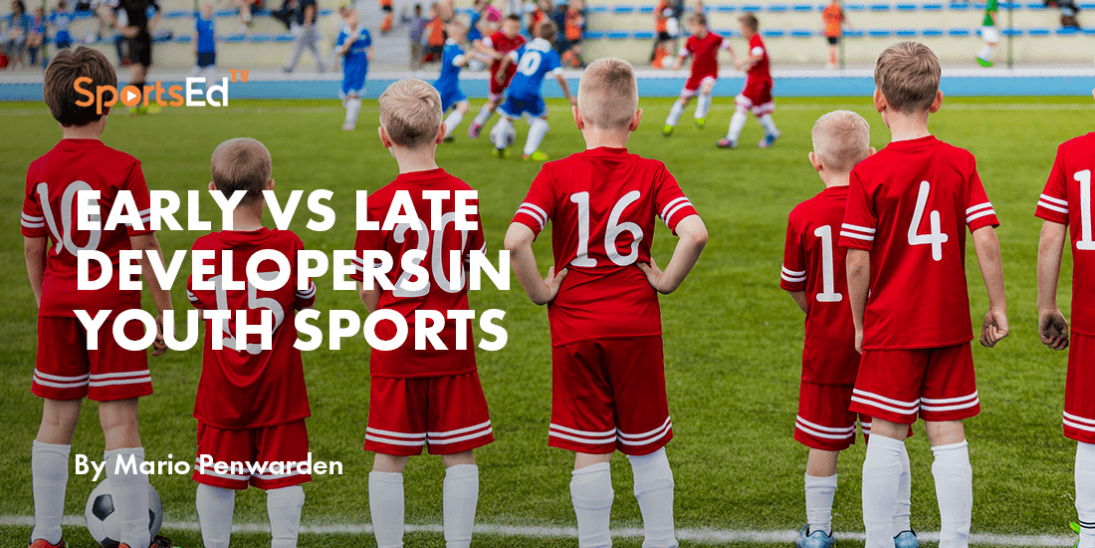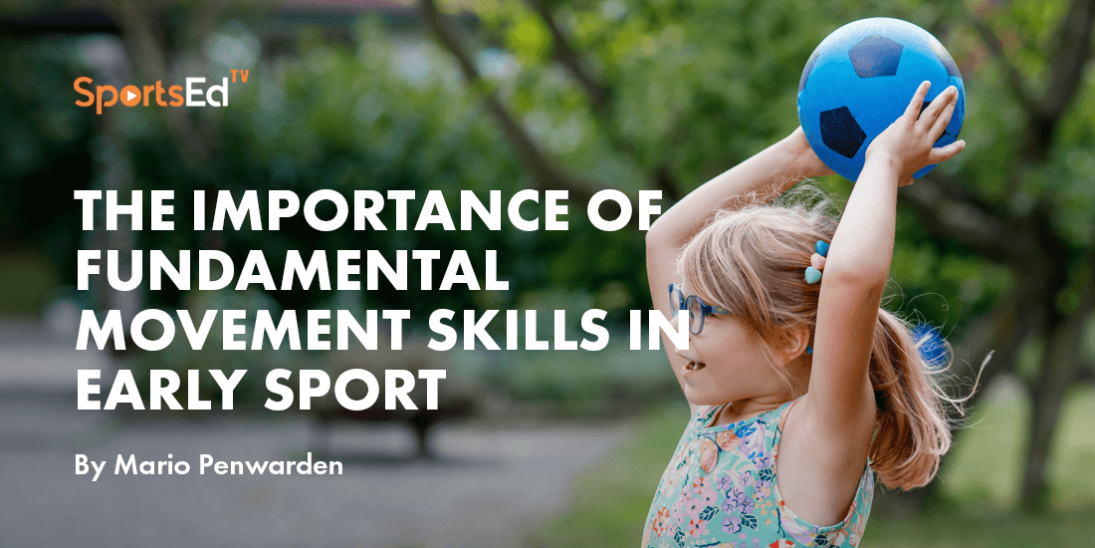Sports Parenting
Welcome and thanks for visiting...

Is Your Child’s Coach the Right Fit? A Parent’s Guide to Ensuring a Positive Sports Experience

This article is part of our comprehensive Parenting Guide to Youth Sports, which you can access in full here.
The coach-player relationship is among the most influential factors in shaping a child’s sports experience. A positive, supportive coach can inspire a lifelong love of sports, while the wrong environment can deter your child from participating altogether. Here’s how to ensure the right coach and program support your child.
Evaluating Coaches and Programs
Research and Observe
Before committing your child to a sports program, invest time in researching the coaches and their approach. Observe practices, if possible, to assess their focus and methods. Look for coaches who emphasize:
- Skill Development: Coaches should prioritize teaching proper techniques and nurturing athletic growth.
- Teamwork and Enjoyment: A positive sports experience is built on camaraderie and fun, not solely on winning.
- Character Development: Great coaches help children build resilience, confidence, and sportsmanship.
By choosing a coach who values growth over trophies, your child will flourish in an environment that encourages both athletic progress and personal development.
Ask the Right Questions
When evaluating potential coaches or sports programs for your child, asking the right questions is essential to understanding their priorities, methods, and values. The answers can reveal whether the program will support your child’s overall growth and enjoyment of sports.
Their Coaching Philosophy
Ask about the core principles guiding their coaching. Are they focused on nurturing a love for the game, skill development, and teamwork, or is their approach centered solely on competition and winning? A coach who prioritizes learning and fun will create an environment where children feel encouraged to take risks, improve, and enjoy the sport without unnecessary pressure.
How They Manage Wins and Losses
Inquire about how the coach handles success and setbacks with their team. Do they focus on the effort, lessons learned, and how players can improve, or do they dwell on outcomes like scores and rankings? Coaches who emphasize growth over results help athletes build resilience and a healthy perspective, teaching them to embrace challenges and setbacks as part of the journey.
Their Approach to Supporting Players Holistically
A great coach sees their role as more than just teaching skills or running drills. Ask how they nurture:
- Confidence: Do they encourage players with constructive feedback and recognize their progress?
- Resilience: Do they teach kids how to overcome adversity, both on and off the field?
- Teamwork: Do they foster an environment where players respect and support each other?
A coach who understands the importance of mental well-being, emotional growth, and social connection helps children thrive beyond the scoreboard. They instill values that last far beyond their playing days.
Their Track Record and Experience
It’s also worth asking about their experience working with children of similar ages and skill levels. Have they received training in child development, safety, or sports psychology? A coach with a solid background will be better equipped to tailor their approach to meet your child’s unique needs.
Supporting Positive Coach-Player Relationships
Encourage Open Communication
Help your child establish open communication with their coach. Please encourage them to discuss their goals, concerns, and progress directly. This:
- Builds a foundation of mutual respect and understanding.
- Helps the coach tailor their guidance to your child’s needs.
- Teaches your child essential life skills like self-advocacy and collaboration.
When children feel heard, they are more likely to thrive, stay motivated, and build a strong connection with their coach.
Be Involved, But Not Overbearing
Your involvement matters, but it’s essential to strike a balance:
- Attend games and practices when possible to show support.
- Avoid interfering with coaching decisions or micromanaging.
Trust the coach to guide your child’s athletic journey while you focus on emotional and logistical support. Celebrate their efforts and progress, reinforcing a healthy relationship with the sport and fostering independence.

Addressing Issues
Know When to Intervene
While it’s important to let the coach lead, some situations may require parental intervention:
- Negative tactics: If a coach relies on excessive criticism, favoritism, or harmful behavior.
- Concerns for your child’s well-being: If their mental or physical health is at risk.
When addressing concerns, approach the coach or program director respectfully and privately. Focus on solutions rather than accusations to ensure your child remains in a positive environment.
Seek Alternatives if Necessary
If a coach or program isn’t a good fit, explore other options. Prioritize finding an environment that:
- Aligns with your child’s development goals.
- Encourages their love for the game.
- Provides a healthy and supportive atmosphere.
Your child’s enjoyment and growth are more important than sticking with a program that hinders their confidence or progress.
Putting Your Child in the Right Hands
Choosing the right coach and program can significantly impact your child’s sports experience, shaping their confidence, skills, and enthusiasm. With careful research, open communication, and a proactive approach to addressing concerns, you can ensure they’re in an environment that supports their growth both on and off the field.
For more insights, watch our interview with Kristen Dieffenbach, where she discusses the importance of finding the right coaches for your kids.









